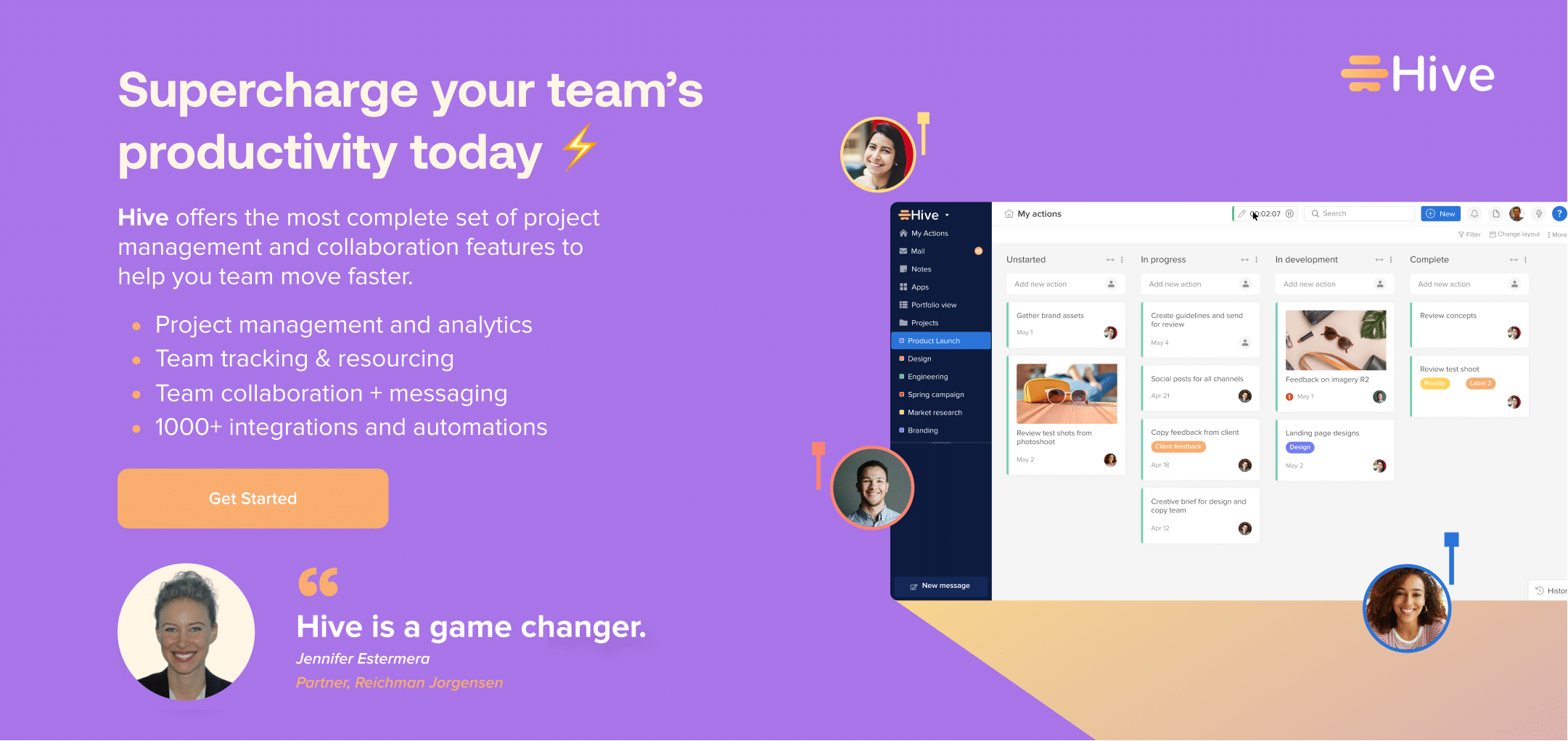Personalized benefits packages are all the rage, and when talent is reshuffling at a high rate, employers have to be sure that they’re keeping their perk options competitive. Here are job perks that employees are clamoring for in the post-COVID age.
1. No more official work hours
Netflix’s headquarters in California has a unique setup for employees: vacation days and work hours simply aren’t tracked by employers, and employees are only measured by the work they get done. As long as they’re meeting deadlines and accomplishing goals, the streaming giant doesn’t seem to care how many hours they’re logged into Slack or at the office. And what employee wouldn’t like that? While it might be hugely out of the box for many more conservative employers, employees thrive with freedom, trust, and agency.
2. Health stipends
Next, as mental and physical health has become a priority for most employees in the post-COVID world, health stipends are of the utmost importance for wellness-conscious workers. Allowances should be available for in-office gyms, but some companies are even offering ClassPass subscriptions or money for staff to build their own home gyms. Additionally, 77 percent of employees have experienced burnout throughout the past two years, meaning that employers should make an effort to cover mental health therapy, mindfulness apps, or mental health days.
3. Professional development
Job training, certificates, programs, and seminars are also a huge draw for many employees who want their jobs to prepare them for a life of learning and growth. Every role has its own special kind of training program, from Six Sigma to AWS coding certificates. But some of these programs are expensive, which is where a thoughtful employer can come in. By offering job perks that subsidize trainings, your employees will be better prepared to tackle new tech and industry issues within the company and in their careers at large.
4. Constant flexibility
It might sound like old news to ask for hybrid work flexibility, but many companies still aren’t sold on allowing employees to work from home. There are three times as many remote roles as there were in 2020, but that still only makes up 15 percent of roles in the United States. Data shows that hybrid options are often reserved for high-income earners with advanced degrees rather than new talent or entry-level workers. Ultimately, companies need to support all employees to ensure their hybrid needs are met equitably, and perks shouldn’t just be offered and forgotten – they should be enforced.
5. Great insurance
Anyone can offer good health insurance, but in 2022, that’s just not enough. According to a study from the Harvard Business Review, 88 percent of candidates consider insurance options when applying for a job. Employers should seek out some of the best healthcare options in the area so that employees don’t feel financially stressed when confronted with unforeseen medical emergencies. Including dental and vision insurance options is a no-brainer, but other types of insurance should also be included, such as life insurance, pet insurance, and others. While these sometimes seem like afterthoughts to employers, they can make or break an employee’s experience in a role.
6. Family-based perks
Another post-pandemic change has been the shift of priorities from work to family, as many employees have taken their time working from home to re-commune with their loved ones. Benefits should be commensurate with these needs, and workers should be offered a reasonable amount of time off to take care of relatives or take personal leave. Jobs can also offer stipends for childcare or even on-site daycare services. They may even consider including WiFi and TV packages or other perks to better support their employees’ varying needs.
7. Workplace accommodations
Whether you’re aiming to help employees who are blind or deaf, or you’re tackling the growing epidemic of back issues among knowledge workers, accommodations to make the office environment more livable are key. Ergonomic chairs or standing desks can be useful tools, along with services to help find therapy dogs or assistive technology like screen readers or accessible telephones. This is where specialty perks can come in handy, as accommodations can be personalized for each employee’s must-haves.





